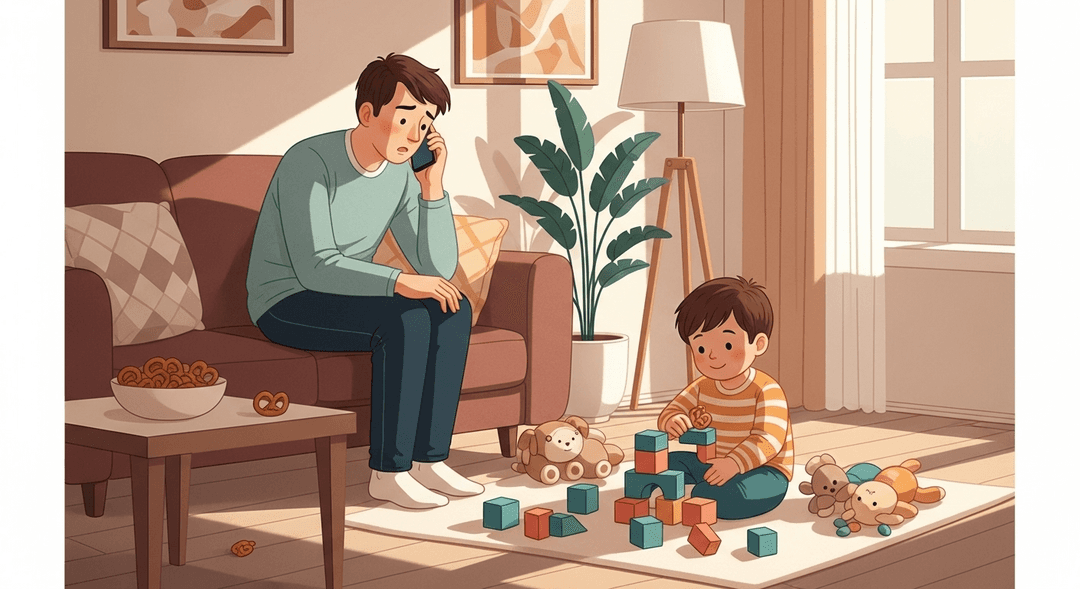Protect Them from Adult Worries (Age-Appropriate)
Ever find yourself whispering about the mortgage like you’re plotting a secret heist, just so your kid doesn’t start worrying about interest rates before they’ve mastered the alphabet? This is for you. If you’ve ever tried to explain why you’re stress-eating pretzels at 10am without launching into a TED Talk on inflation, welcome to the ‘let’s keep the grown-up chaos in the grown-up zone’ club. Spoiler: your kid does not need to know about your boss’s weird emails or why the washing machine sounds like it’s plotting escape.
Shielding kids from adult worries lets their brains marinate in safety and play, not cortisol soup. It helps them feel secure, which is the launchpad for all that good stuff: curiosity, learning, and emotional regulation. When you buffer them from stress, you’re literally helping their brains wire up for resilience instead of panic. Bonus: you get to practice your poker face, which is basically a superpower.
How to do it
-
Filter your grown-up talk. Save doomscrolling and tax rants for after bedtime or when the kids are absorbed in a cartoon marathon.
-
If they overhear something stressful, give them the kid-version. Keep your explanation short, simple, and reassuring.
-
Create a code with your partner for “let’s pause this convo” when little ears are around. This helps you both stay mindful of what’s being discussed.
-
Remember, it’s okay to admit you’re having a tough day, but keep the details age-appropriate. Say “I’m feeling a bit tired” instead of “the economy is on fire!”
Key Tips:
- Be mindful of what kids might overhear.
- Use simple, reassuring language when explaining adult topics.
- Have a discreet signal with your partner to pause sensitive conversations.
- Share your feelings honestly, but tailor the details to your child’s age.
